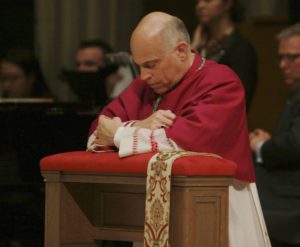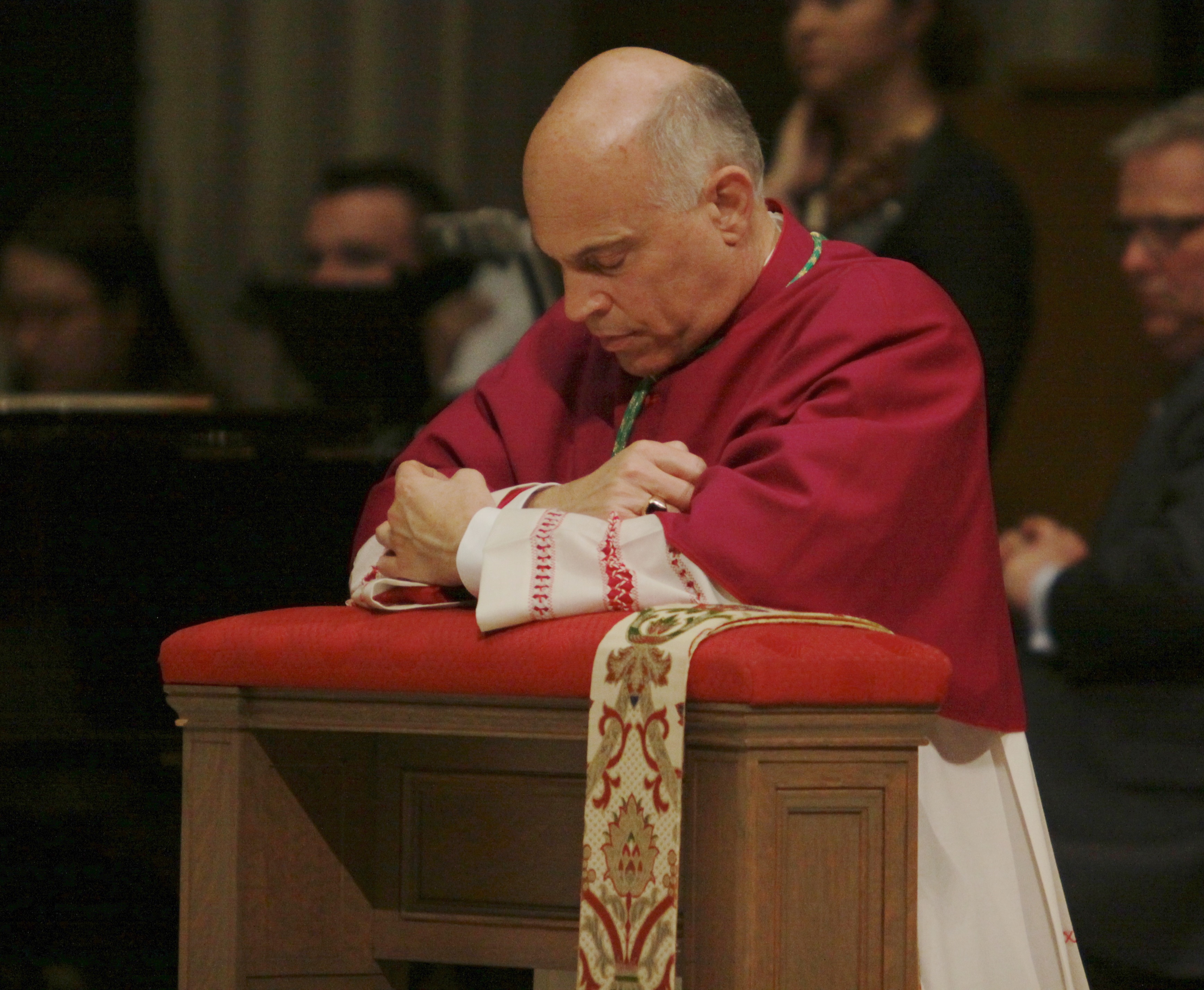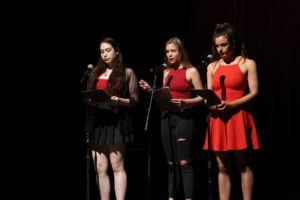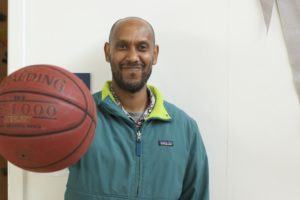On October 24, 2018, Jeff Anderson & Associates law firm of St. Paul, Minnesota released a list of 212 priests from the San Francisco, Oakland and San Jose archdioceses who have been accused of sexual abuse. The law firm named San Francisco Archbishop Salvatore Cordileone as one of the many people who helped cover-up for accused priests.
As recently as August 23, 2018, in a letter to the archdiocese and local parishes of San Francisco, Cordileone addressed the most recent allegations regarding decades of abuse within the Catholic Church.
Cordileone’s letter asked parishioners and priests of local churches to engage in prayer “as an act of reparation for sins against chastity.” Cordileone’s letter to offer any condolences for the victims, plans of action to prevent future abuse or include the names of the accused priests from local parishes. Many SF parishioners have been consistently frustrated by this lack of transparency from the local archdioces, and from the Pope himself, regarding the issue of sexual abuse within the Catholic Church.

Twelve survivors who were molested in the 1970s by the late Rev. Joseph Pritchard in St. Martin of Tours church in San Jose recently came forward to testify about their abuse. After the news was released, local parishioners of the San Jose Archdioceses demanded that the names of all priests within the local churches who have been accused.
On September 13, the San Jose Archdiocese agreed to release the names of all 15 accused priests, bringing the California branch of the Catholic Church one step closer to transparency.
San Francisco and its archdiocese have long rejected requests to release the names of accused priests. In 2004, SF Weekly called upon then-District Attorney Kamala Harris to release the names of accused priests in San Francisco, but she refused. Then, in 2011, Joey Piscitelli and Tim Lennon, two former altar boys who were abused in the 1970s by Father Whelan at Salesian High School, located in Richmond, California, drafted a letter to the archdioceses to release the names of the priests. However, the archdiocese denied their requests to provide clarity or further financial support for the therapy costs of the victims.
Lennon now lives with his wife and two kids in Tucson, Arizona. He still serves as President of Survivors Network of those Abused by Priests (SNAP). Lennon said in response to the recent letter released by Cordileone, “It is nothing but a gesture. Various bishops have said masses, washed the feet of victims, built memorial gardens, removed names from buildings, as well as ‘thoughts and prayers,’ penance, dozens of apologies, condemnations by bishops and the Pope. Not one child is protected by these gestures. Not one victim who is condemned to a life of suffering is helped.”
Like Lennon, Joey Piscitelli, who still works with SNAP, believes the Catholic Church — specifically, the San Francisco Archdiocese — have not done enough to support victims of clergy abuse. In 2002, the Boston Globe exposed a major child abuse scandal within the Boston archdiocese. The statute of limitations, which states that civil claims of sexual abuse must be made no more than eight years after the age of majority, or before the accusers 26th birthday, was temporarily removed in California. That year, Piscitelli, then 47-years-old, sued the San Francisco Archdiocese for knowingly relocating his abuser to different churches within San Francisco. Piscitelli won his case, receiving two appeals and a $600,000 judgment. Despite this success, Piscitelli believes that the Church has a long way to go in terms of supporting victims who suffer lifelong consequences due to sexual abuse.
Piscitelli and other SNAP advocates have spent years drafting letters to countless politicians and church officials demanding a change in the statute of limitations. Recently, Piscitelli and other activists met with California’s Attorney General, Xavier Becerra, to discuss the possibility of permanently removing the statute of limitations on sexual abuse cases in California.
Piscitelli hopes for a possible grand jury investigation into the Catholic Church’s sexual abuse in California. Piscitelli described what he believes would be the potential impact of a California grand jury hearing would be. “We want a grand jury investigation in California because it would empower a lot of victims to come forward. They would finally feel like they’ve been vindicated and that someone is on their side.”
Although achieving legal assistance in ending abuse cases may take years, Piscitelli hopes the archdiocese will step up in other ways to provide sufficient assistance for victims.
Currently, the archdiocese accepts abuse claims through a subsection on their website, “Protecting Children,” which is dedicated to the help and support of victims of sexual abuse within the church. Rocio Rodriguez, a local family therapist, runs the page as well as the abuse hotline for victims in the San Francisco area. Since the letter was published, Archbishop Cordileone has been traveling to local churches to host “listening sessions and shared prayer for all.”







